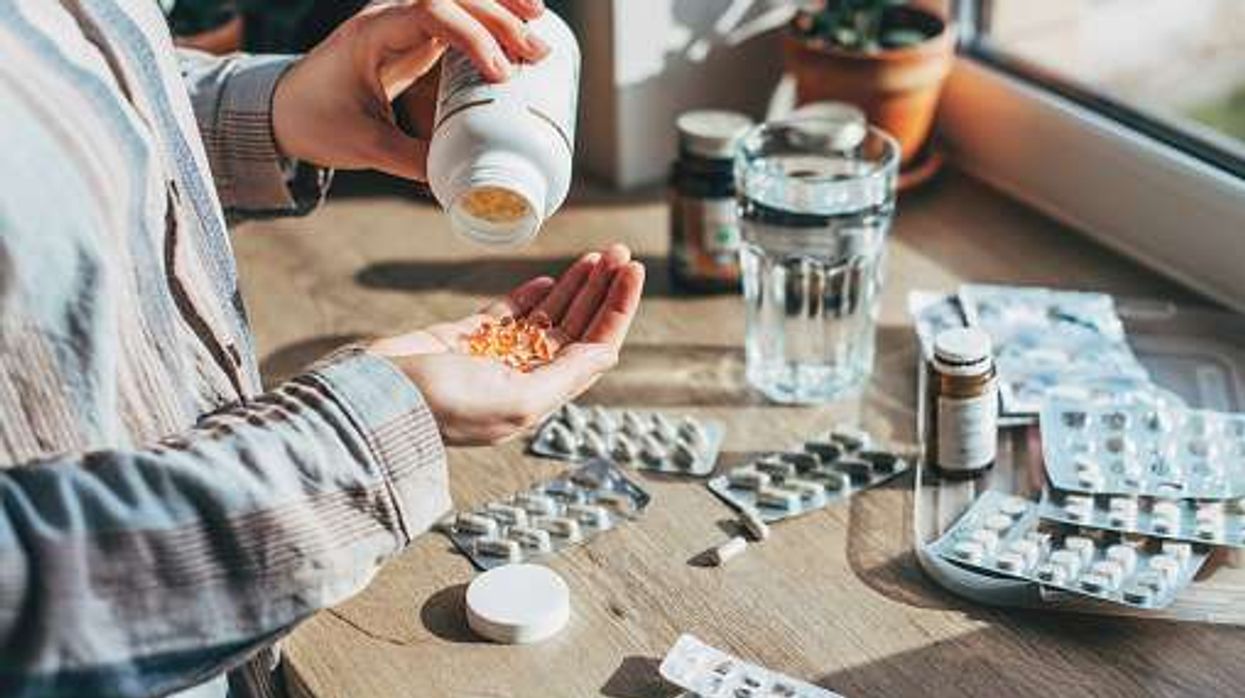By Raj Aggarwal
It was just over 12 months ago when Prime Minister Boris Johnson announced that we would all go into lockdown on the 23rd of March 2020. That announcement signalled significant changes for all and especially for those of us on the frontline.
Although often forgotten as the frontline warriors in the nation's fight against the Covid-19 pandemic, community pharmacies have been the public’s first point of access to medical care. Yet when the first wave of the virus hit, we were left without support and personal protective equipment (PPE).
Community pharmacy teams across Wales put themselves at risk to continue their vital role at providing prescriptions, health care, personal care and hygiene products.
They remained open and supported their communities when they needed them the most.
The NHS was slow in recognising pharmacy teams as keyworkers and it took a long time for PPE to get to community pharmacies. At that time my staff were poorly protected and really concerned about their exposure to a virus that could have made them seriously ill or even killed them.
But community pharmacy teams across Wales stayed open and put themselves at risk to help others stay well. They worked long hours in close proximity and confined spaces and tragically, some pharmacy staff in the UK died from the virus that they caught at work.
I think if there has been anything good that has come out of all this chaos, it is that the pandemic has truly underlined the key role pharmacies have as part of the NHS family.
Pharmacists have worked closely with other professionals, such as doctors and nurses, to provide the best possible care as part of the local healthcare team.
The pandemic has also shown the importance of having a vibrant network of pharmacies operating close to where people live, work and shop. How on earth would the NHS have coped with the pressure otherwise?
One year on and thanks to the vaccines, there is now a light at the end of the tunnel. It has been wonderful to see many community pharmacists get involved in the vaccination programme – a must-win battle against the virus.
We are very proud to announce that our pharmacy will become one of the first in Cardiff to join in the vaccination effort and we are looking forward to playing our part.
Vaccine blood clotting
Meanwhile, as a pharmacist, I always look to scientific proof that the AstraZeneca vaccine causes blood clots. The vaccine was passed as safe by the MHRA after thorough clinical trials and the World Health Organistion has said no causal link has been established between the vaccine and blood clotting. Over 11 million AstraZeneca jabs have been administered in the UK and there have been no serious reports of blood clotting as result of the vaccination.
So far there have been three incidents in Norway and there have been nearly 700,000 people vaccinated in Norway, but we can’t even be sure if these three cases are due to the vaccine. Each of these patients had pre-existing condition of reduced number of platelets in their blood, so it could quite well have been nothing to do with the vaccine.
The Penicillin example
Even if they are proven to be due to the vaccine, that presents a 0.0004 per cent negative reaction. Just to put this in context Penicillin has a 0.0005 per cent adverse reaction but no one is calling for it to be withdrawn from use.
Now let’s plot that tiny adverse reaction (which is not even proven) against the chances of catching Covid-19 and the mortality rate of the virus across Europe. It’s clear that the risks of not vaccinating far outweigh the risks of taking the vaccine, and yet Ireland and the Netherlands have decided to pause use of the vaccine, even though they have no cases of blood clots.
Clearly, the effects of the vaccine should be monitored closely but for the whole program to be postponed in various countries will do much more harm than good, and will seriously affect the public’s confidence for months to come.
I have every confidence in our regulatory agency and the advise from JCVI and as I result would encourage everyone to have it.
Cardiff-based community pharmacist and pharmacy owner Raj Aggarwal OBE is a Fellow of the Royal Pharmaceutical Society. He is also the first ever Honorary Consul for India with jurisdiction for Wales and an Honorary Commander in the Royal Navy.











